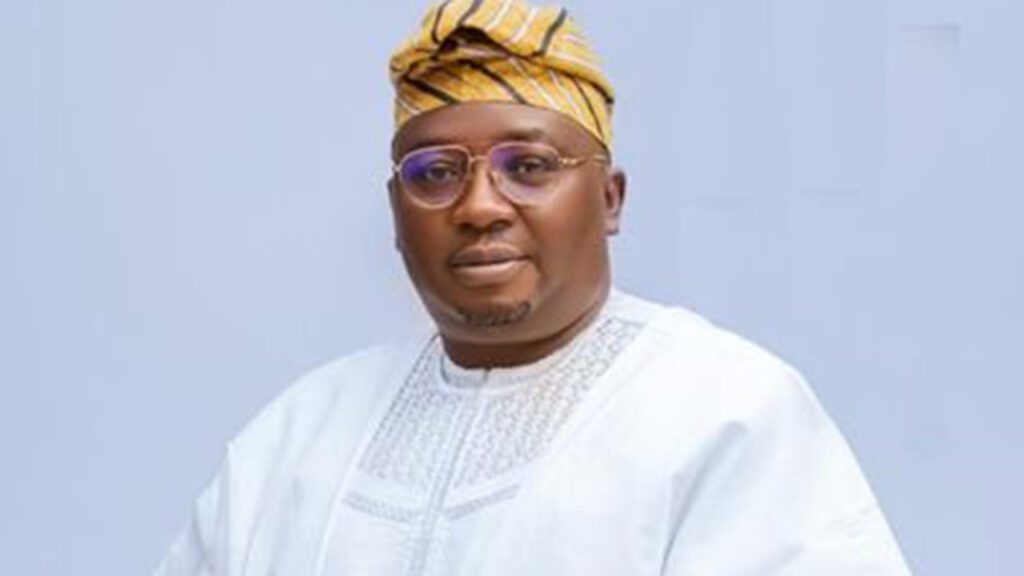The Minister of Power, Oloye Adebayo Adelabu, has stated that the country’s investments in renewable energy will positively impact at least 13 million Nigerians.
Adelabu made this declaration in response to the ongoing challenges in achieving a stable power supply from the national grid during a stakeholder engagement workshop organised by the Rural Electrification Agency (REA).
In his remarks, the Minister, represented by the Director of Renewable and Rural Power Access, Dr Sunday Owolabi, explained that off-grid electricity supply has become a central component of the government’s strategy to address the electricity supply gap.
He expressed optimism that the various projects in the renewable energy sector would directly benefit at least 13 million Nigerians.
“At the recent Federal Executive Council (FEC) meeting, His Excellency approved contracts worth €161 million for the upgrade of power substations under the Presidential Power Initiative (PPI). I am happy to assure you that we are on track to deliver an additional 150MW to the grid, while impacting 14 existing substations and establishing 21 new ones,” Adelabu said.
“The team at the Rural Electrification Agency (REA) has also been working tirelessly as we approach the launch of the Distributed Access through Renewable Energy Scale-up (DARES) programme, which many of you may have heard about. Our partners at the World Bank have committed $750 million to this groundbreaking project, and we are confident that over 13 million Nigerians will benefit from the DARES initiative,” he added.
Meanwhile, the Managing Director/CEO of REA, Engr. Abba Aliyu, revealed that the agency, using the Rural Electrification Fund, has deployed 124 mini-grids and 25,580 solar home systems, with a combined capacity of 16.6MW.
He further disclosed that 195,198 connections had been made, benefitting 183 communities and 12 markets.
Aliyu explained that the project would provide uninterrupted power to 3,700 primary healthcare centres, 25 schools per state and the Federal Capital Territory (FCT), 25 communities in each state and FCT, as well as solar-powered tricycles and charging stations across all 36 states and the FCT.
“I want to emphasise that there has never been a time in this country when the renewable energy sector has received the level of attention and support that it is getting from this government.
“The first act the President signed upon assuming office was the Electricity Act, and this is the reason we are here today. It is the basis for the involvement of all the commissioners from the states, and it is why there are now more opportunities for states and local governments to engage in the electricity sector,” he said.

